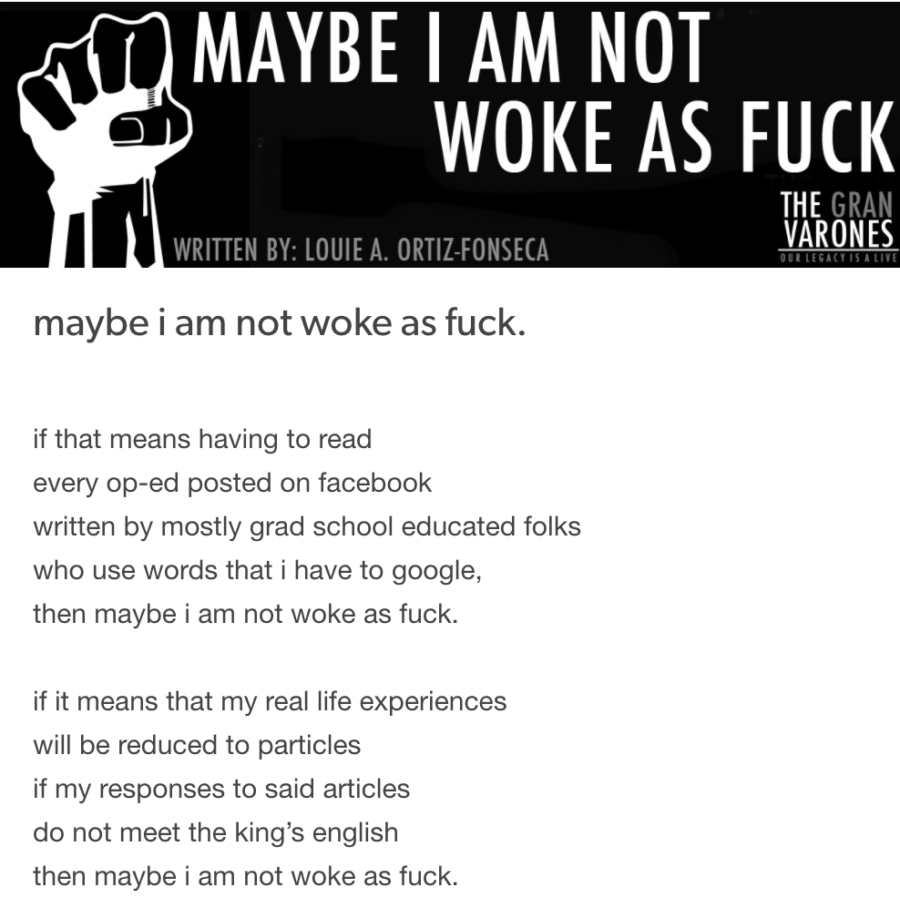Imagine walking into a coffee shop and seeing a sign that says, “We stand in solidarity with the LGBTQIA2S+ community.” You might feel a pang of warmth, thinking, “This is a place that embraces diversity.” Or, perhaps you see a post on social media criticizing a brand for using a culturally insensitive ad. You might feel annoyed, thinking, “Is this another example of ‘woke culture’ gone too far?”
Image: diversity.social
These are just two snippets of everyday life that illustrate the constant presence of the term “woke” in modern discourse. But what does it truly mean? “Woke culture” is a term that sparks heated debates, elicits strong emotions, and often feels like a moving target, constantly evolving with the complexities of social justice movements and online discourse. In this article, we will delve deeper into the meaning of “woke culture” in 2024, exploring its origin, its various facets, and its undeniable influence on our society.
A History of “Woke”: From Racial Awareness to Social Justice
The term “woke” originated in African American Vernacular English (AAVE) and gained traction in the Civil Rights movement of the 1960s. Originally referring to being aware of racial prejudice and systemic inequality, “woke” signified a conscious awareness of societal injustices. It served as a rallying cry for those committed to fighting for social change.
However, the term’s evolution has taken a more complex turn. Over time, “woke” broadened to encompass a wider range of social issues and became synonymous with embracing progressive values such as inclusivity, fairness, and dismantling various forms of oppression. It became a descriptor for a growing movement advocating for an equitable society, one that addresses issues beyond just race and embraces the intersections of identity and privilege. Activists, artists, and everyday individuals began to utilize the term “woke” to identify with this movement for social justice and to call out discriminatory practices in all spheres of life.
The Many Faces of “Woke Culture”: Beyond the Buzzwords
While the term “woke culture” is often used as a shorthand for a wide range of ideas and behaviors, it encompasses a diverse spectrum of perspectives and actions. Understanding these facets is crucial to disentangling the complexities of the term and navigating its often-polarized discourse.
-
Conscious Awareness of Systemic Oppression: This core principle remains at the heart of “woke culture.” It emphasizes recognizing and understanding how various systems, including racism, sexism, ableism, and homophobia, perpetuate inequalities and create disadvantages based on identity.
-
Intersectionality: The concept of intersectionality, championed by feminist scholar Kimberlé Crenshaw, is a central pillar of “woke culture.” It recognizes that individuals experience multiple forms of oppression simultaneously, based on their race, gender, sexual orientation, socioeconomic status, and other identities.
-
Social Justice Advocacy: “Woke culture” actively promotes pursuing social justice through various means, such as activism, education, and policy changes. This includes challenging discriminatory practices, promoting inclusive representation, and advocating for equitable access to resources and opportunities.
-
Call-Out Culture: This aspect of “woke culture” involves publicly challenging individuals or organizations for exhibiting behavior deemed insensitive, discriminatory, or offensive. It aims to hold those in positions of power accountable for their actions and to promote awareness of harmful biases.
-
Cancel Culture: This highly controversial aspect of “woke culture” involves publicly criticizing and ostracizing individuals or organizations for harmful actions or opinions. It can take forms ranging from boycotts to social media campaigns, and often draws criticism for its potential to stifle free speech and limit opportunities for redemption.
Navigating the Complexities: What Does “Woke Culture” Mean for You?
It is evident that “woke culture” is not a monolithic concept. It embraces a range of perspectives and actions that contribute to a complex and often emotionally charged discourse. As we navigate this landscape, it is crucial to approach the term with nuance and critical thinking.
-
Embrace the Learning Curve: Actively engage in self-reflection and open your mind to diverse experiences and perspectives. Seek out information from credible sources and engage in respectful conversations, even when you disagree.
-
Challenge Your Biases: We all hold biases, whether conscious or unconscious. Reflect on your own identity and how it influences your perspectives. Acknowledge your limitations and be willing to challenge your own assumptions.
-
Champion Inclusive Language: Use language that is respectful and inclusive of all identities. Avoid using harmful stereotypes or generalizations.
-
Promote Action Over Words: “Woke culture” is not simply about expressing opinions or participating in online debates. It is most meaningful when it translates into concrete action – advocating for change, supporting marginalized communities, and holding oneself accountable for creating a more equitable society.

Image: www.victoriana.com
What Does Woke Culture Mean 2024
Moving Forward: “Woke Culture” in 2024 and Beyond
The term “woke culture” will undoubtedly continue to evolve. Navigating its complexities requires a commitment to understanding the nuances of social justice movements, acknowledging the complexities of identity, and embracing the ongoing dialogue surrounding social change. As individuals and as a collective, we have a responsibility to cultivate empathy, challenge biases, and seek opportunities for learning and growth.
This journey will not always be easy. The discourse surrounding “woke culture” will continue to be fraught with friction, misunderstandings, and challenges. But it is through engagement, education, and a dedication to creating a more inclusive world that we can move forward and make meaningful progress.






